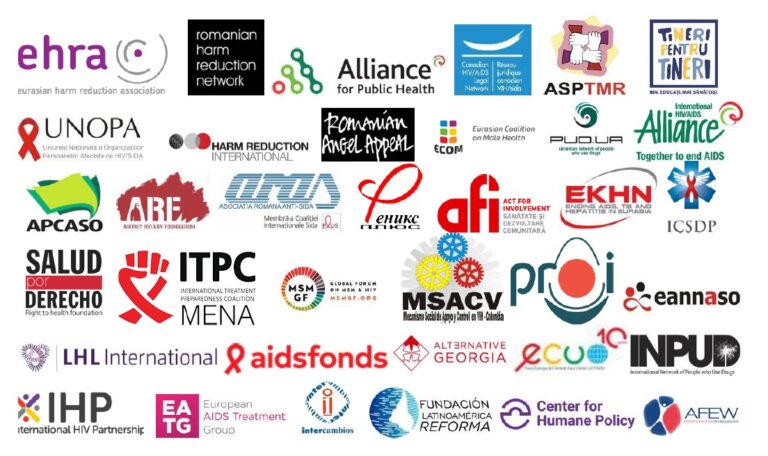
Joint Statement of Civil Society Organizations in Advance of the Thirty-Ninth Meeting of the Global Fund Board
On May 9–10 2018, the Global Fund’s Board will consider revisions to the Fund’s Eligibility Policy based upon

On May 9–10 2018, the Global Fund’s Board will consider revisions to the Fund’s Eligibility Policy based upon
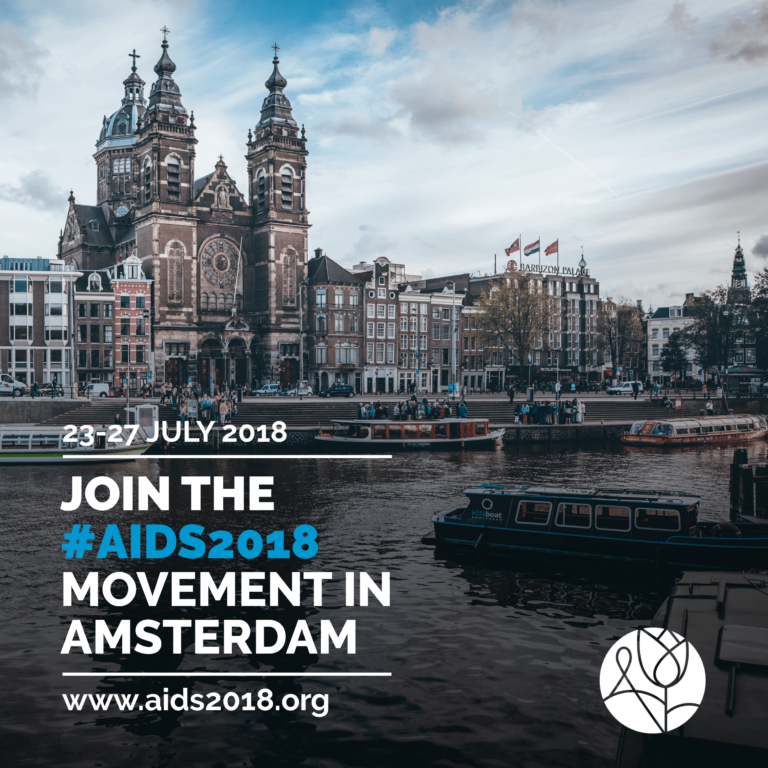
The International AIDS Conference is the largest conference on any global health issue in the world. First convened during the peak of the AIDS epidemic in 1985, it continues to provide a unique forum for the intersection of science, advocacy, and human rights. Each conference is an opportunity to strengthen policies and programmes that ensure an evidence-based response to the epidemic. The 22nd International AIDS Conference (AIDS 2018) will be hosted in Amsterdam, Netherlands 23-27 July 2018.
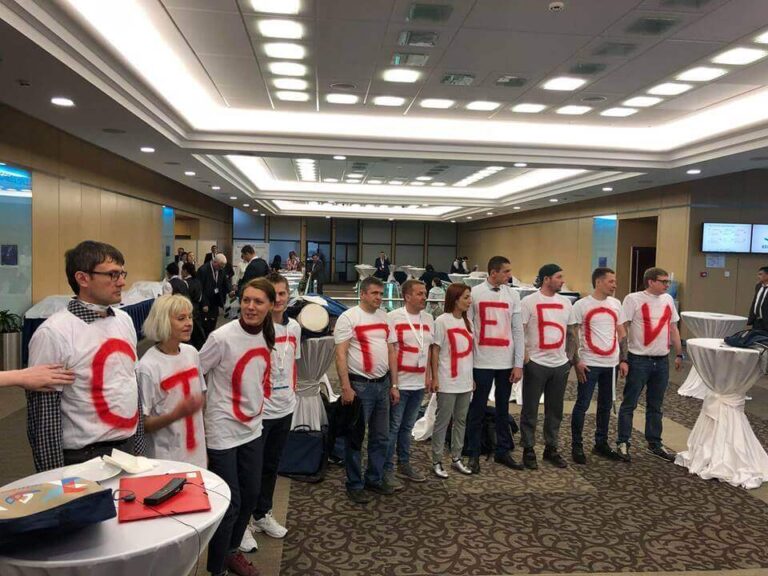
Russia accounts for two-thirds of the new HIV cases in Europe and Central Asia. This is what the UNAIDS data show. One of the key factors contributing to the further spread of the epidemic is low treatment coverage: only one-third of people who need treatment get it. This fact, as well as other problems of the region, were discussed at the VI Eastern Europe and Central Asia AIDS Conference (EECAAC 2018) held in Moscow on 8 – 20 April 2018.
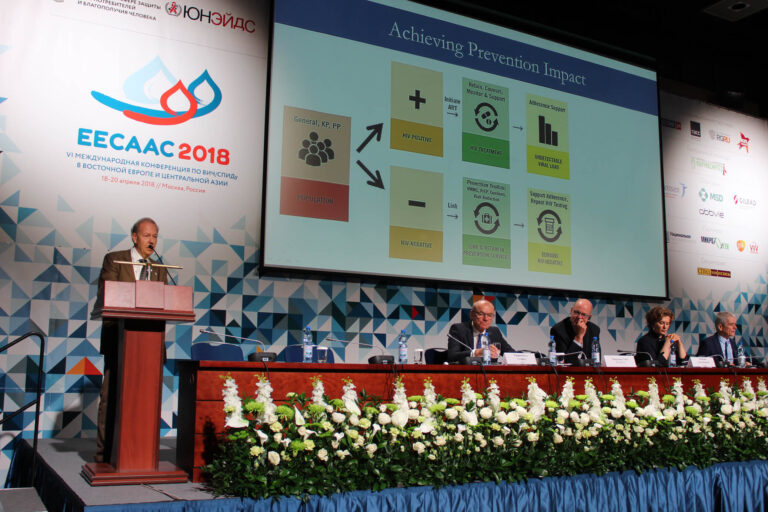
While the VI Eastern Europe and Central Asia AIDS Conference (EECAAC 2018) was going on in Moscow, Svetlana (the name was changed), a 28-year-old woman living in Karaganda, Kazakhstan became a mother for the first time. It seems that these events are not related at all. However, these two facts were brought together not accidentally. At the international forum, scientists, medical professionals, policy-makers, public officials, international experts and civil society activists argued and discussed how to curb the HIV epidemic and achieve the ambitious 90-90-90 UNAIDS targets. Meanwhile, they were not particularly optimistic. At the same time, a woman living with HIV for eight years gave birth to healthy twins. Maybe it is a sign that we should not give up hope?
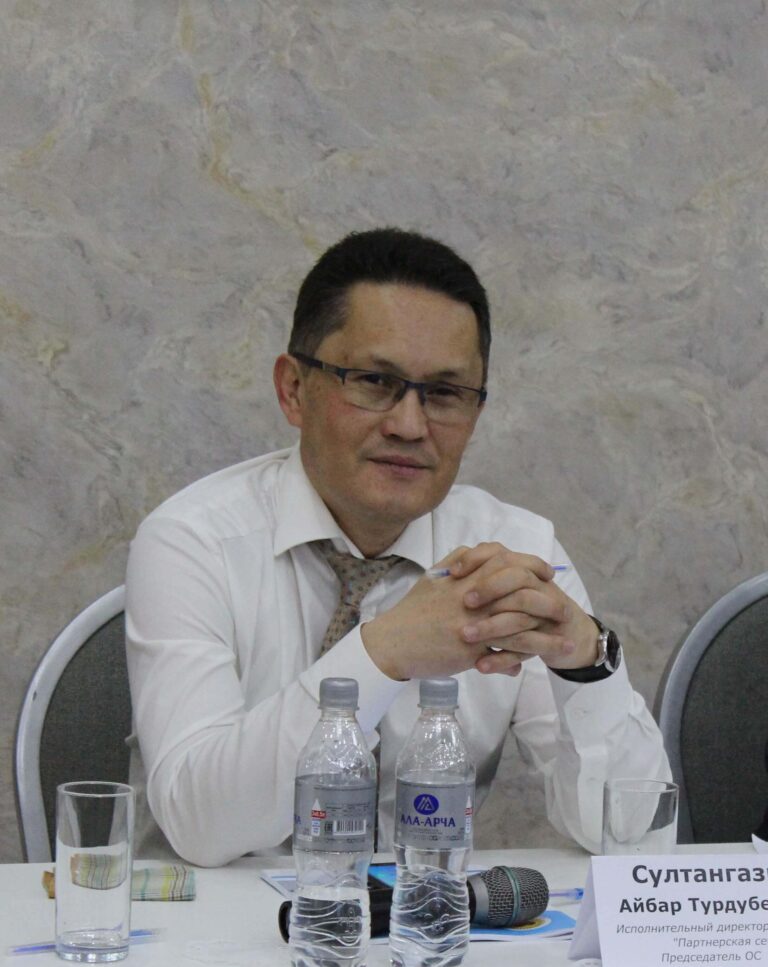
Kyrgyzstan is gradually switching to state drug provision system. Some of the tuberculosis medicines will be purchased out of the budgetary funds this year, and some of antiretroviral medicines – starting from the next year. Respective financial resources are planned to be allocated in the budget. At the same time, the question regarding the national legislation remains. A number of important documents is currently under the review. We discussed how these documents consider patients’ needs as well as the results of the analysis regarding the availability of medicines for HIV, hepatitis C and tuberculosis treatment with Aibar Sultangaziev, the representative of public council at the Ministry of Health and the Director of the Partner Network Association.
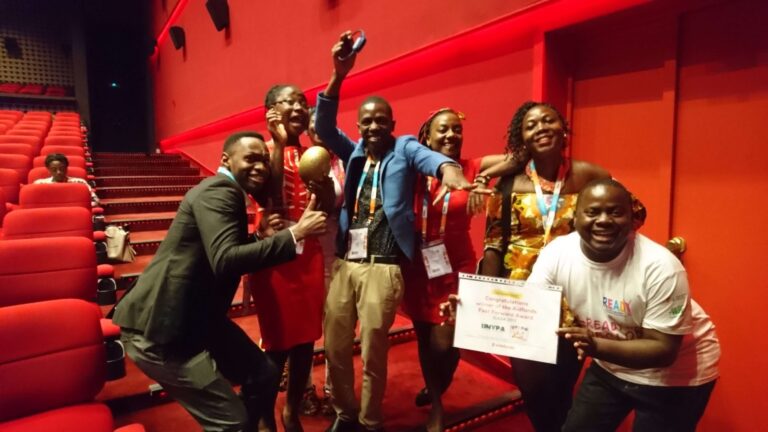
The Fast Forward Award searches for ‘golden eggs’ – innovative interventions organised by and for the community. The awards aims to link these innovative local solutions with donors in order to increase funding for communities and scale up successful approaches.
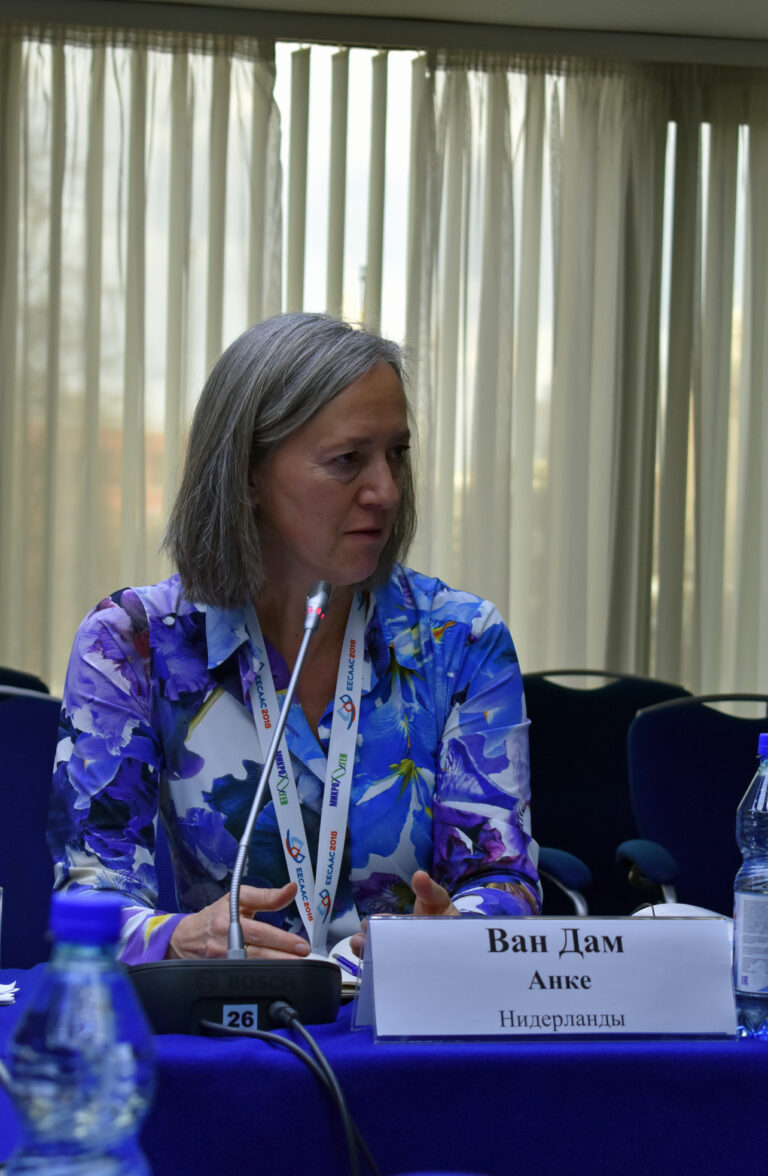
Dynamics of the HIV epidemics in big cities is a pressing issue all over the world. According to the United Nations, by 2050 most people will live in big cities. This is most relevant for the developing countries with low incomes and growing HIV epidemics. Considering that the key populations are concentrated in metropolises, experts point out that there is obviously a need to implement HIV prevention and treatment programs at the municipal level. The decision to end the AIDS epidemic in big cities by 2020 is embedded in the Paris Declaration signed on 1 December 2014 with support of the UNAIDS.
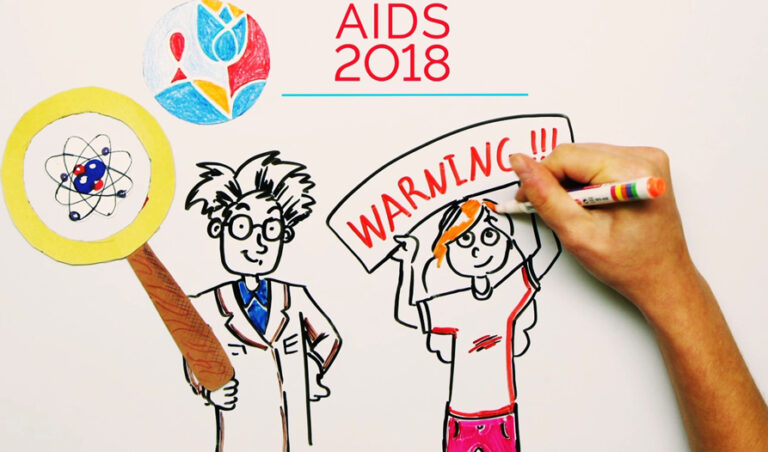
To register for the 22nd International AIDS Conference with the standard fee is possible before May 18. After this date, the registration will be possible only with the higher fee. Deadline to submit a visa application and to request a Letter of Invitation is June 1.
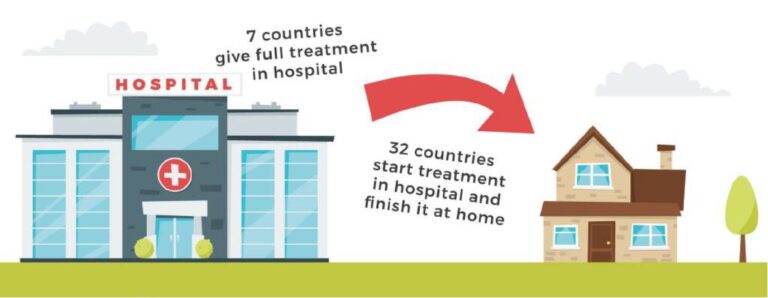
Tuberculosis (TB) and HIV cause significant suffering in Europe. It is estimated that 27,000 patients have both diseases. The distribution of co-infected patients is heterogeneous in Europe. Collaborative activities are needed to take the best care of those with TB/HIV co-infection. This is the background information of the survey on collaborative TB/HIV activities in countries of the WHO European Region created by the Wolfheze working group on collaborative TB/HIV activities.

A landmark judgment allowing an official registration of Georgian Network of People Who Use Drugs for Human Drug Policy (GeNPUD) was delivered on March 26, 2018, by Tbilisi City Court Judge Tamar Chuniashvili. The lawsuit was prepared on behalf of GeNPUD after the network was refused official state registration as stated in LEPL National Agency of Public Registry’s decision. The rejection of registration was based on the “name issue.” Public Registry references the law which says that the name of GeNPUD (any kind of drug users’ organizing assembly) seemed to be an attempt “to put the illegal activities in the legal framework” and is misleading the entire society. GeNPUD is disagreeing saying that this is the violation of the community’s fundamental rights guaranteed by the Constitution and the European Convention.